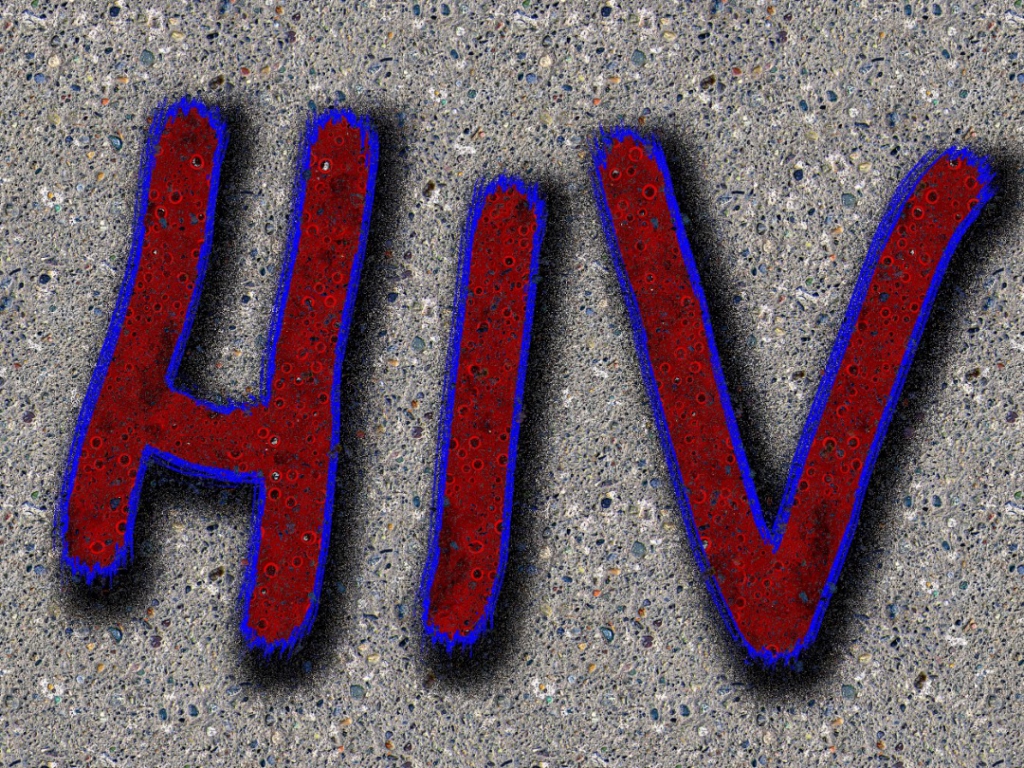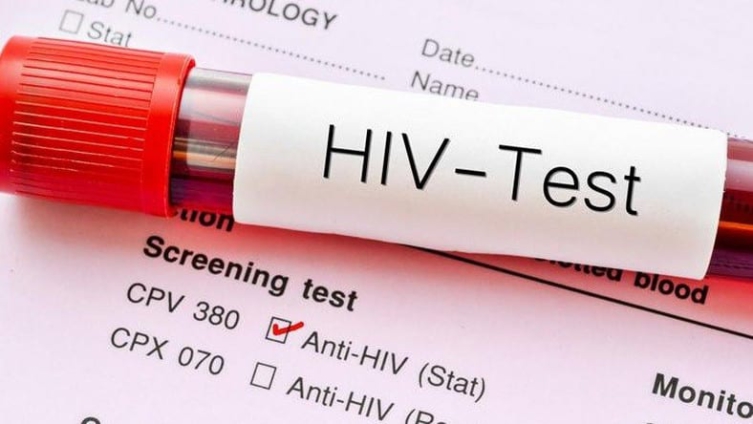The HIV situation remains a challenge with an estimated 38 million people infected worldwide as of 2019 (UNAIDS, 2019).
In Ghana, the Ghana AIDS Commission estimates about 342,307 people living with HIV/AIDS in 2019 out of 30.5 million Ghanaians (GAC, 2019). Despite all endeavours in HIV/AIDS testing and linkages, enrolment and sustaining clients on treatment still remains a major challenge.
The Community System Strengthening (CSS) intervention, funded by The Global Fund under WAPCAS/Global Fund New Funding Model II (NFM II) project and implemented by Hope for Future Generations, seeks to scale up quality HIV care cascade through community engagement and addressing human rights barriers.
This project is being implemented in thirty-three (33) districts in 10 regions of Ghana.
Models of Hope (MoH) are Persons Living with HIV (PLHIV). They facilitate better client outcomes through the provision of hope and services to their fellow PLHIV using themselves as a living testimony on adherence to medication and living a positive lifestyle.
Under the CSS intervention, 342 MoH have been trained by the National AIDS Control Program (NACP), National Tuberculosis Program (NTP), Women in Law and Development in Africa (WiLDAF), The Ghana-West Africa Program to Combat AIDS and STI (WAPCAS) and Hope for Future Generations (HFFG).
The training provided models with skills to support activities along the global HIV targets (90-90-90).
Models of Hope undertake community education on HIV and AIDS, risk assessment and facilitation of clients for testing at the facility or community level, identify client’s preference for service delivery, support newly diagnosed clients for early initiation on treatment, undertake adherence counselling and support, follow up on Persons Living with HIV (PLHIV) who are not on treatment and lost-to-follow-up.
They also follow up on families of PLHIV who have not tested for HIV and refer them for partner and family-based index case testing. MoH also provides home-based care to bed-ridden clients and ensure adherence to appointment schedules among others.
From January to August 2020, Models of Hope reached over 57,000 PLHIV clients and provided homebase care services to 2,405. Out of the clients reached, 9,000 defaulting clients were identified and re-initiated.
This was achieved through different strategies especially, home-visits to encourage defaulters to be re-initiated on treatment.
They also use the medium of phone calls to remind defaulting clients about their appointment dates for medical review.
The contribution of Models of Hope has been immensely appreciated by the Anti-retroviral treatment units at the various facilities they have been allocated.
Supporting the work of the ART units by following up on defaulting clients allowing the ART team some time to concentrate on the other aspects of clinical services.

They also support in screening for possible TB cases in the facility and refer any suspected client to the TB unit for testing and treatment.
The Models of Hope also serve as treatment supporters to some of the PLHIV clients who visit the health facility.
Using themselves as mentors, Models of Hope go the extra mile to ensure clients are provided with the required care and to ensure they stay on treatment by visiting and motivating them.
They provide home-based care to those who are bed-ridden, carrying out drug pick up services to clients who for some reason are not able to visit the facility for their medication.
In some facilities, the models are an integral part of the ART management team. They are responsible for picking and filling folders of clients during clinic days.
The Models of Hope have indeed been very supportive in the delivery of HIV/AIDS care. They have contributed immensely to Ghana’s efforts to ending AIDS by 2030.
Ama Nyarko, a Model of Hope located based in Cape Coast is of the view the capacity training she has received under the CSS intervention has gone a long way to empower community members to be in the position to take care of themselves.
“The intervention has helped strengthen the bond between newly HIV Positives and old ones. To end HIV means everyone affected must be brought on board. It is all always a joy for me to see community members interact happily and support each other,” she said.
Latest Stories
-
The only acceptable response to poor Black Stars performances is to fire Otto Addo – Osei Palmer
3 minutes -
Investigators scale barricades to arrest S Korea’s impeached president
37 minutes -
Reece James late free kick cancels out Semenyo stunner
54 minutes -
IPPG calls on Mahama to retain and reset the Emissions Levy
2 hours -
Resetting the Ghanaian Economy: What to focus on
2 hours -
Mahama’s visit to Bawku is critical for lasting peace – National Peace Council
3 hours -
Scores injured in Walewale as soldiers are accused of brutal assault
3 hours -
Mahama meets Mamprugu king over Bawku chieftaincy stalemate
4 hours -
Mahama calls for robust investment to uplift vulnerable populations
4 hours -
Social media hate speeches harming peace efforts in Bawku – Peace Council
4 hours -
Policy Expectations of the New Government: A robust asset and liability declaration framework
5 hours -
Engender trust to resolve Bawku crisis – Former Defence Minister Dominic Nitiwul advises
5 hours -
Guardiola divorces wife of 30 years
5 hours -
Up to 4 in 10 people could develop dementia after 55. What you can do to lower your risk
5 hours -
Mohbad’s widow, father face-off over DNA test
5 hours

